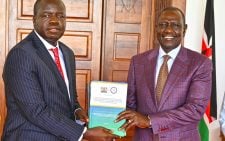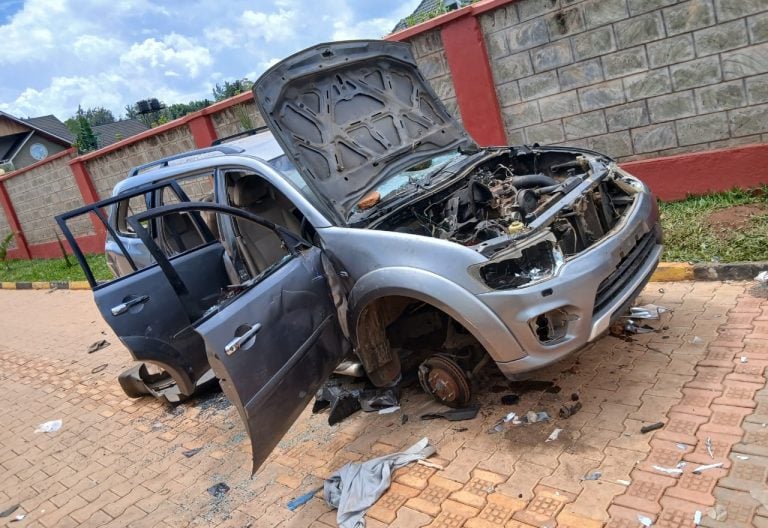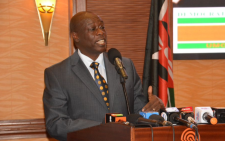Alarm over rise of human trafficking cases in Kenya

Cases of human trafficking into Kenya for forced labour are on the rise, with a majority of the victims serving in domestic servitude, agricultural sector and prostitution.
Kenya’s geographic location makes it prone to human trafficking-related crimes with 80 per cent of trafficking cases involving girls and women aged between 19 and 24.
Nairobi is the favourite hub for human traffickers in the country and also serves as a transit hub for migrants destined for various countries.
According to the human rights group Awareness Against Human Trafficking (HAART), human trafficking is a complex crime to track and identify because many victims never report to the relevant authorities.
“We have over 50 million people who are in different human trafficking situations globally where 12 million are children. There is an emerging trend of this crime where people are trafficked to go and work in factories in South Asia countries but when they arrive, are forced into cybercrime or defrauding people using the internet,” said Miriam Mang’oka, Head of Prevention at HAART.
Mang’oka warned Kenyan youth seeking greener pastures outside the country since they are likely to land in the hands of bad employers abroad, adding that some recruiting agents are just brokers who are not registered and usually falsify travel documents for their recruits.
Everlyn John is among the victims who have fallen victim to rogue agencies that traffic Kenyan girls who serve as domestic workers to Gulf countries and abandon them to heartless Arab employers.
Before she left for Saudi, Everlyn said her agent hurriedly organized her travel without disclosing crucial information about her contract once in the foreign country.
“One day they just notified me that I was to travel the following day without considering the plight of my young children who I was to leave behind. When I protested, they threatened to get me arrested saying that they had used their money to get me an employer and that’s how I travelled to the Gulf since I didn’t have the money to pay the agent’s expenses,” she said.
Movement freedom
“I travelled to Saudi Arabia in 2019. At my employer’s house, I had no freedom and my movements which were mainly in the compound were closely monitored. He confiscated my travel documents the first day I entered his house,” Everlyn recounted.
The young mother said that her Saudi boss started denying her food and she was forced to go for days without bathing despite the extreme heat in the Gulf country.
She said that she persevered four months’ work without salary adding that her boss informed her later that all her salary was paid to her agent thus there is no money for her. “That information was not disclosed to me before leaving the country. I knew once I land in Saudi Arabia I would be earning my Sh37000 per month yet when I arrived there I never got paid even one shilling,” Evelyn said.
She added: “I used to be beaten if I made a small mistake and the boss often used to force me to have sex with him but I declined his advances exposing me to more torture. When I called the agent to air my grievances, they would ask me, if you have sex with that man, will you die?”
The boss told her that she couldn’t work anywhere else in that country unless she refunded Sh500,000 which he paid to her agent to secure her services and that’s how she landed in a detention office after she fell out with her boss.
“In that office, it’s like a prison. You are just living a hopeless life; you are waiting for your death. I saw several girls go insane there,” a Everlyn narrated.











